The Lady and The Dale on HBO Max is a standout docuseries of the past few years. Not only does it tell a true crime story in a new and exciting way, with cleverly animated reenactments, but it shines a light on a part of trans history most of us never knew.
Even if you've been following trans culture for years, there's a good chance you've never heard of Liz Carmichael, the subject of the four-part project, and that's a shame. But, the Duplass Brothers and co-directors Zackary Drucker and Nick Cammilleri have done the work to change that.
The Lady and The Dale tells the true-life story of Carmichael, who transitioned in the 1970's and started a car company promising a revolutionary three-wheeled car (called The Dale) that got 70 miles to the gallon in the middle of a gas crisis. But was the car all she claimed it was?
As with many true crime projects, Drucker quickly realized that the real story wasn't the crimes -- even though there are mafia ties, murder, court cases, and running from police in the series -- it was the human side of the story. "It was really about Liz, her effort at being an entrepreneur in the 1970s, the nuanced relationship between identity as a woman, as a trans person, and her path as a criminal," Drucker tells Out.
Drucker hadn't even heard of this story before she was approached by Jay Duplass, with whom she had worked on Transparent, to co-direct the film with Nick Cammilleri. Duplass wanted to make sure that a trans person had creative control over the project.
As soon as she began doing research, Drucker knew this was unlike any trans story told before. Carmichael was the consummate 1970's businesswoman, selling "The American Dream" whenever and however she could, even if it meant walking over others and ignoring the truth. It's hard to see her as a hero.
"There's no way to reduce any single person to a kind of heroic model or shape. I think that it's the trap that we fall into a little bit and it's an untenable level of pressure as well, to be a perfect role model, knowing full well that there are no perfect people," she says. "And I love Liz, I think of her as one of our many predecessors in all of her complexity and all of her short-sightedness."
The documentary isn't just about her, however. It also focuses on how the media and the courts treated Carmichael once they found out she was trans. It shows how much things have changed, and how much they've stayed the same. In interviews with the journalists who covered the story, we see how the media saw trans women in the 70's -- Drucker also draws a direct line from her research to some of the most notorious transphobes in media today.
"The notion that she was a man masquerading as a woman to commit a crime was so persistent that you almost wouldn't even know that she was trans," Drucker says. "You know, I had never heard of her before."
Filming interviews with the men who started that notion was often difficult for Drucker. "I felt very connected to Liz's struggle through that contact and realizing these guys have never thought a second time about Liz after they exploited her story, they just threw her away," she says. "None of their ideas about Liz or trans people in general have changed in 50 years. It was astounding."
Just because they haven't changed doesn't mean that Carmichael didn't change how the world treats trans people. In fact, the court case changed the California judicial system and how it treats trans people forever.
"I was catching up with Mia Yamamoto [a trans lawyer and activist interviewed in the film] and she brought up that from her perspective, working in the LA criminal court system, Liz changed things at least in Los Angeles," Drucker says. "Judge Ackerman, siding with Liz over being referred to as a woman in court, actually changed the way that trans and gender diverse people were prosecuted in LA. That ushered in an era of trans people being identified by their self-identified genders and names. And that had been a struggle in the years before. Liz was able to change that particular microcosm of the judicial system."
Drucker knows Carmichael wasn't perfect, but she hopes her story can serve as a reminder to trans people that we've always existed.
"To me, it represents the hope of continuing to discover people through time, people who have been lost in a race to history," she says. "And I think she's an icon of their survival by any means necessary. And she's certainly changed my life."
RELATED: 'Disclosure' Is the Biggest Oscar Snub of the Year -- The Film Is Vital


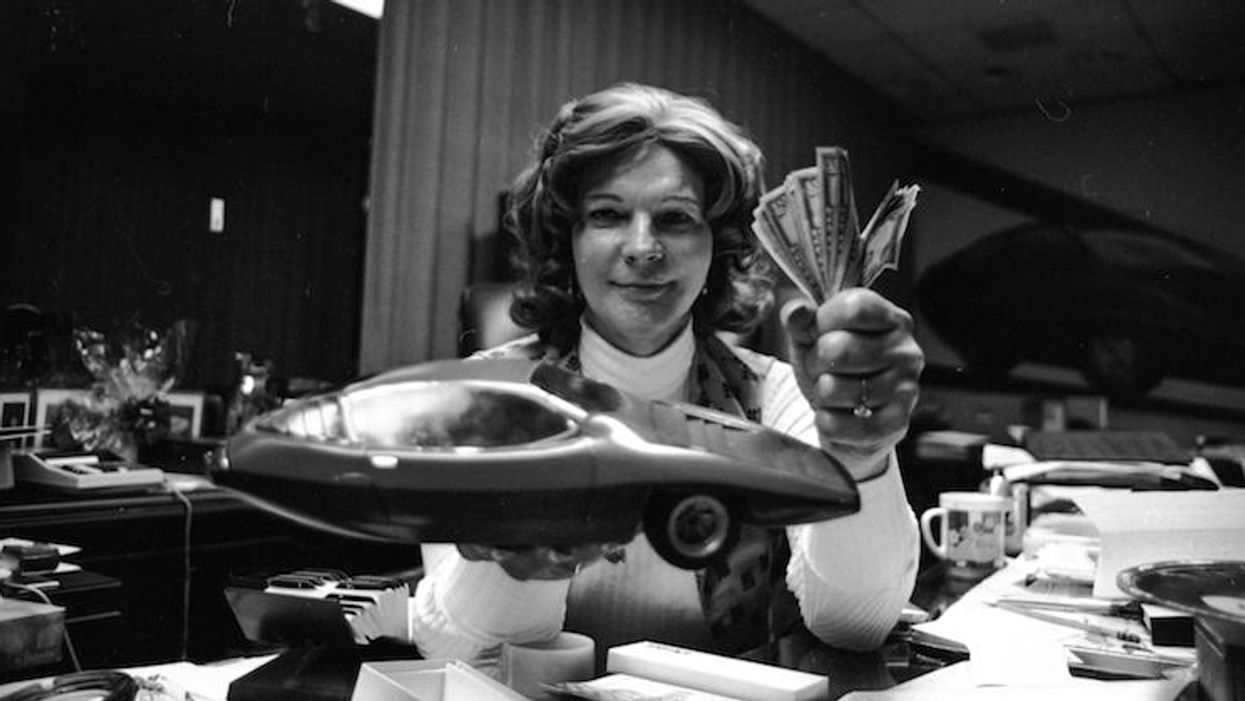

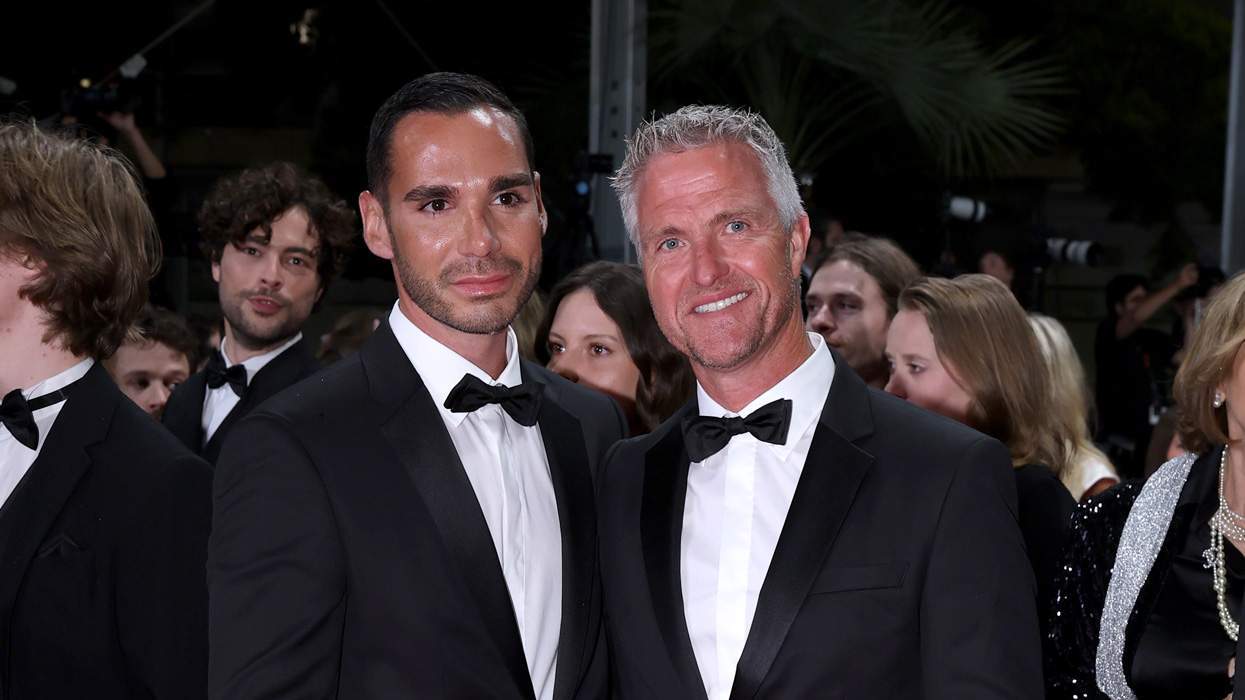


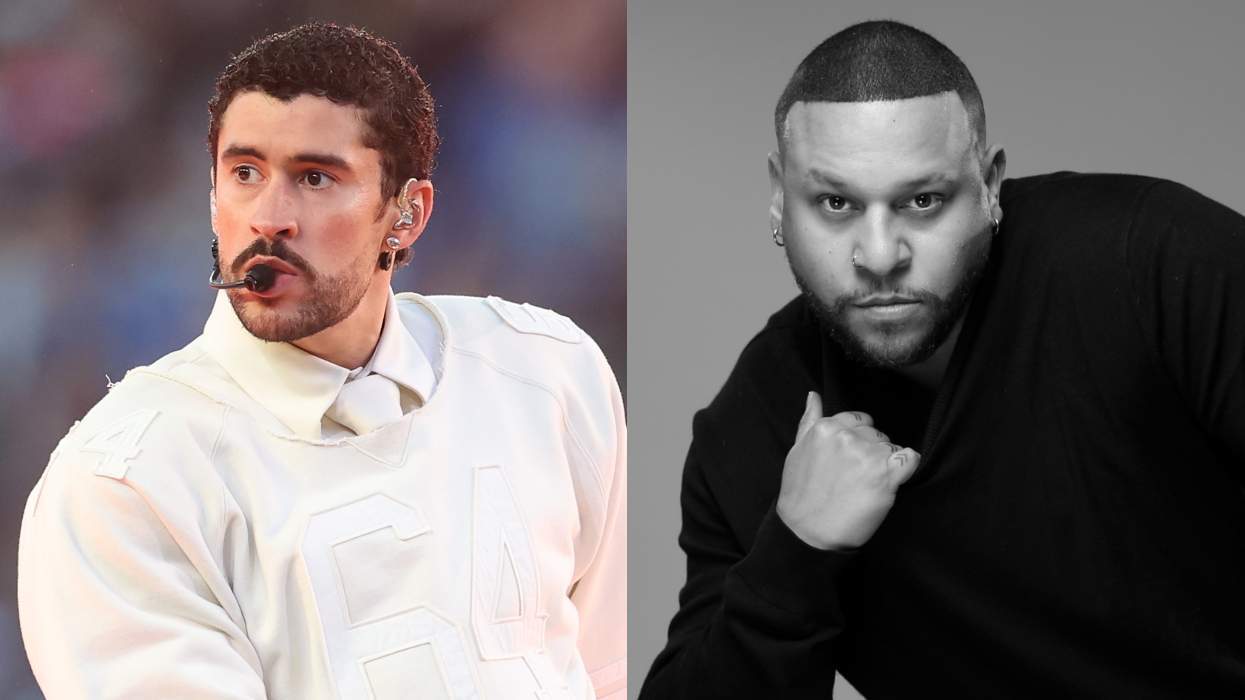

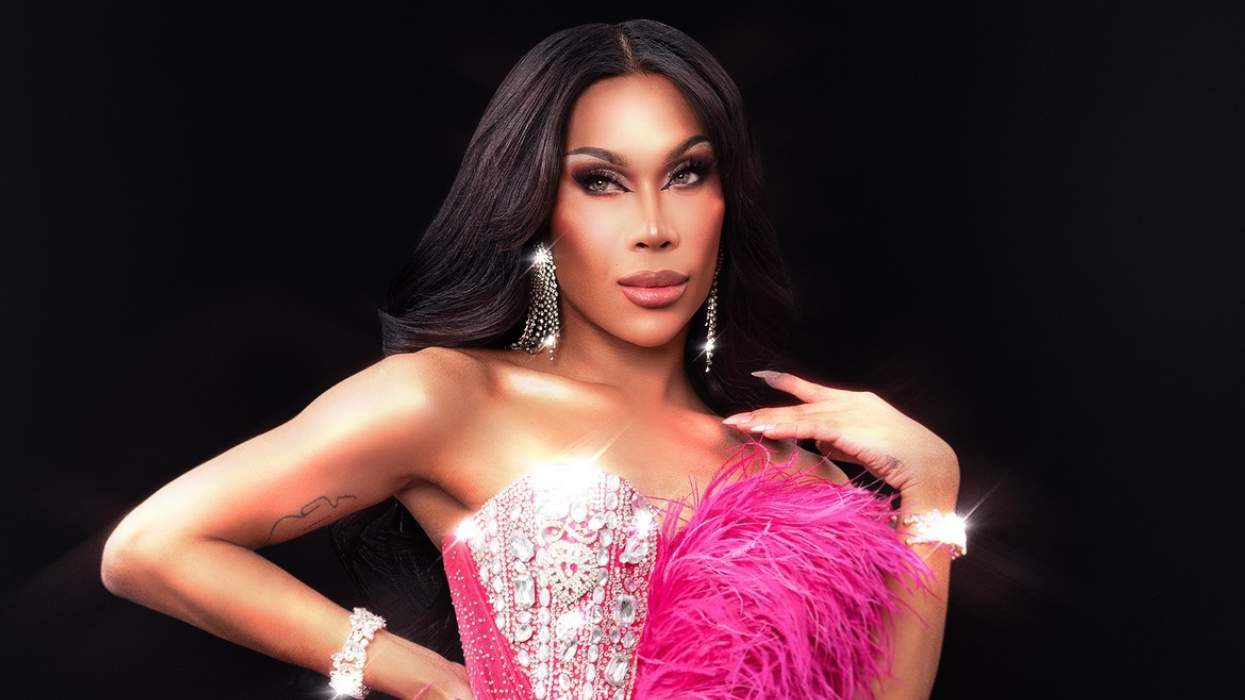

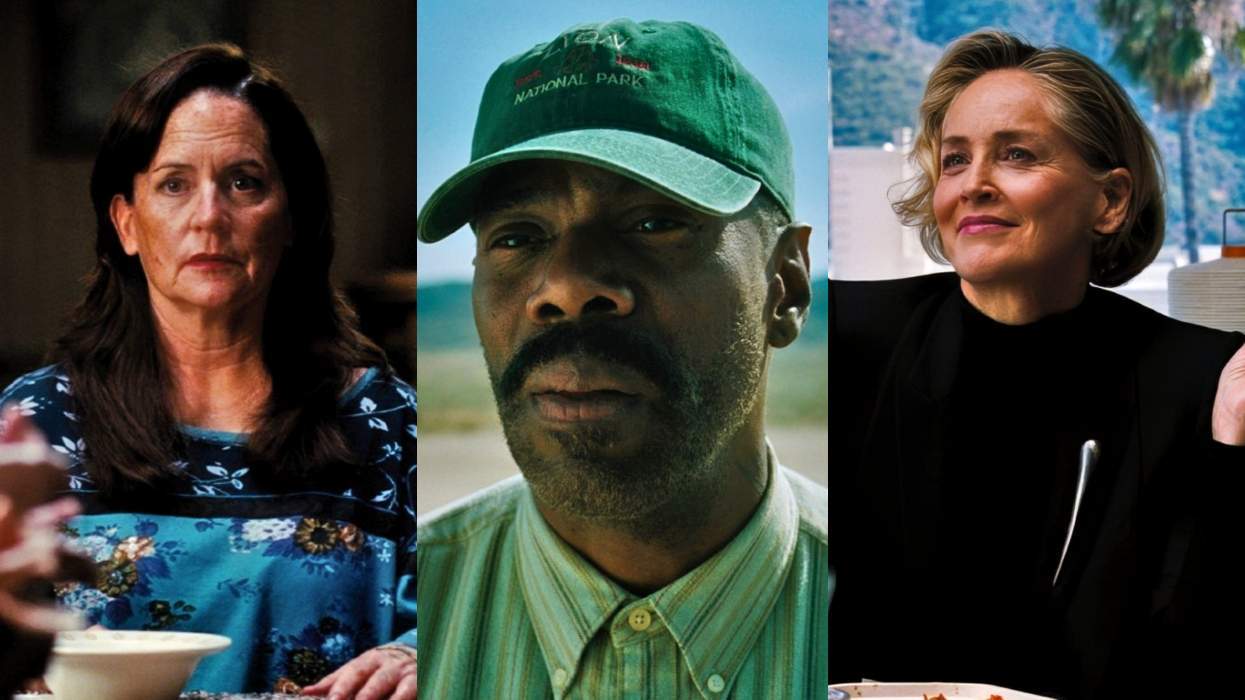








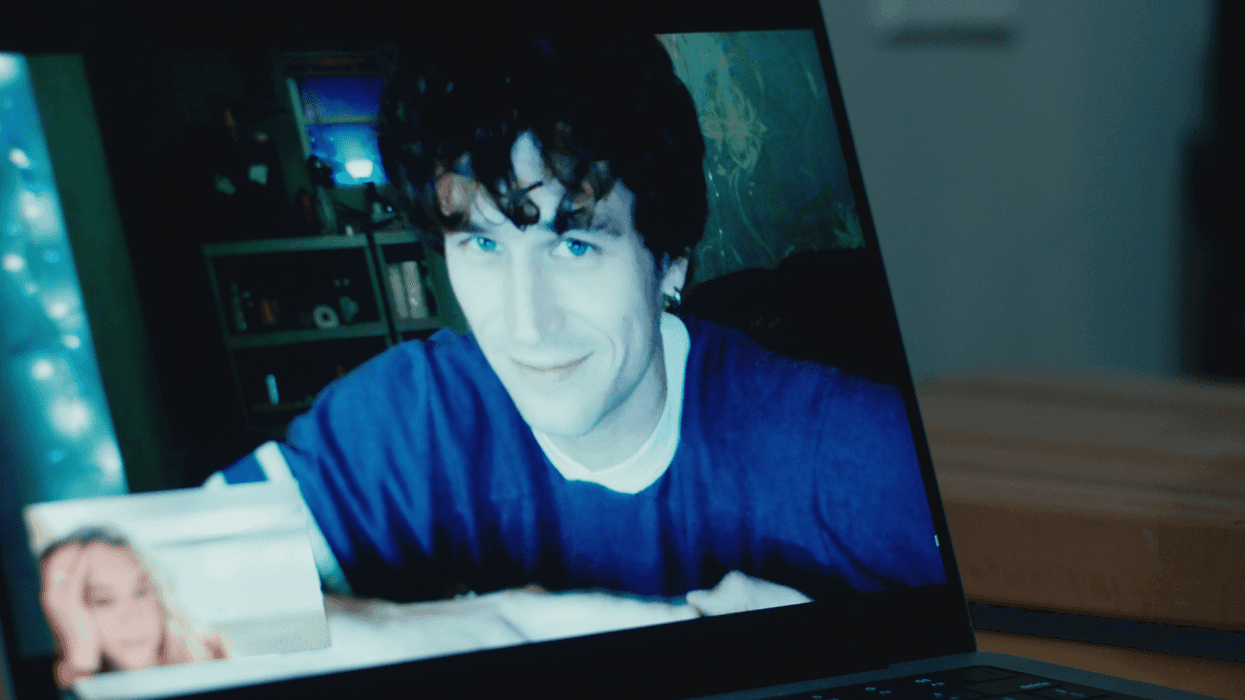

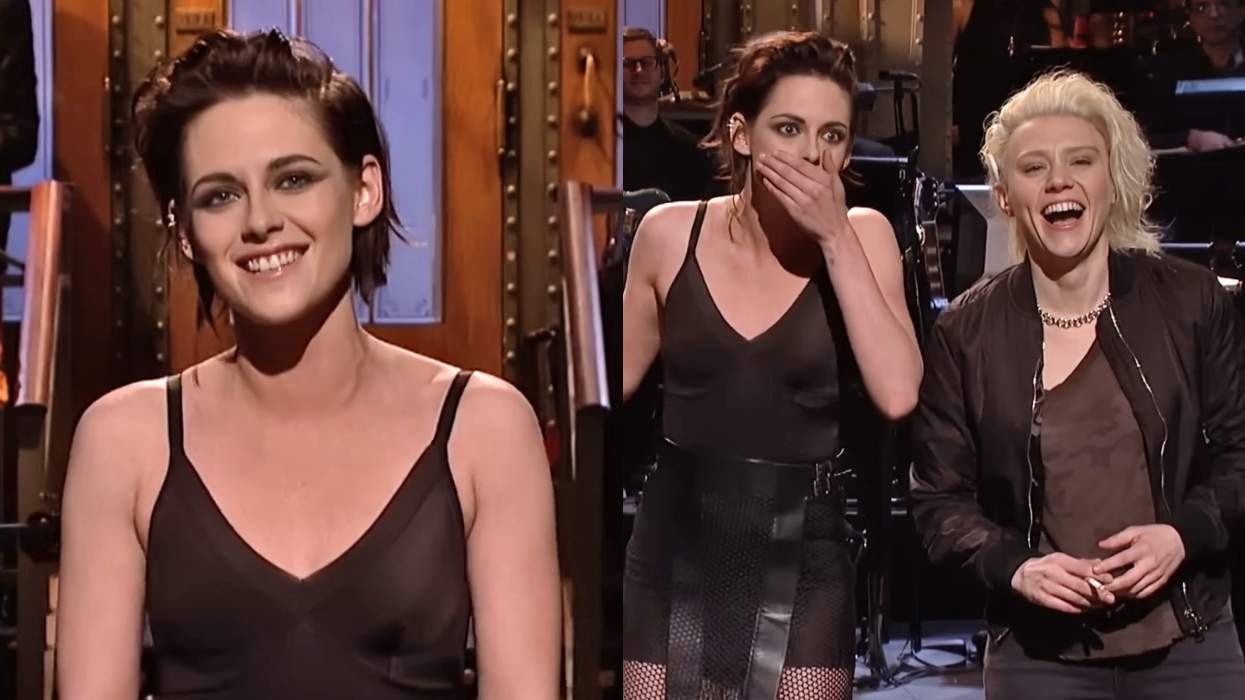
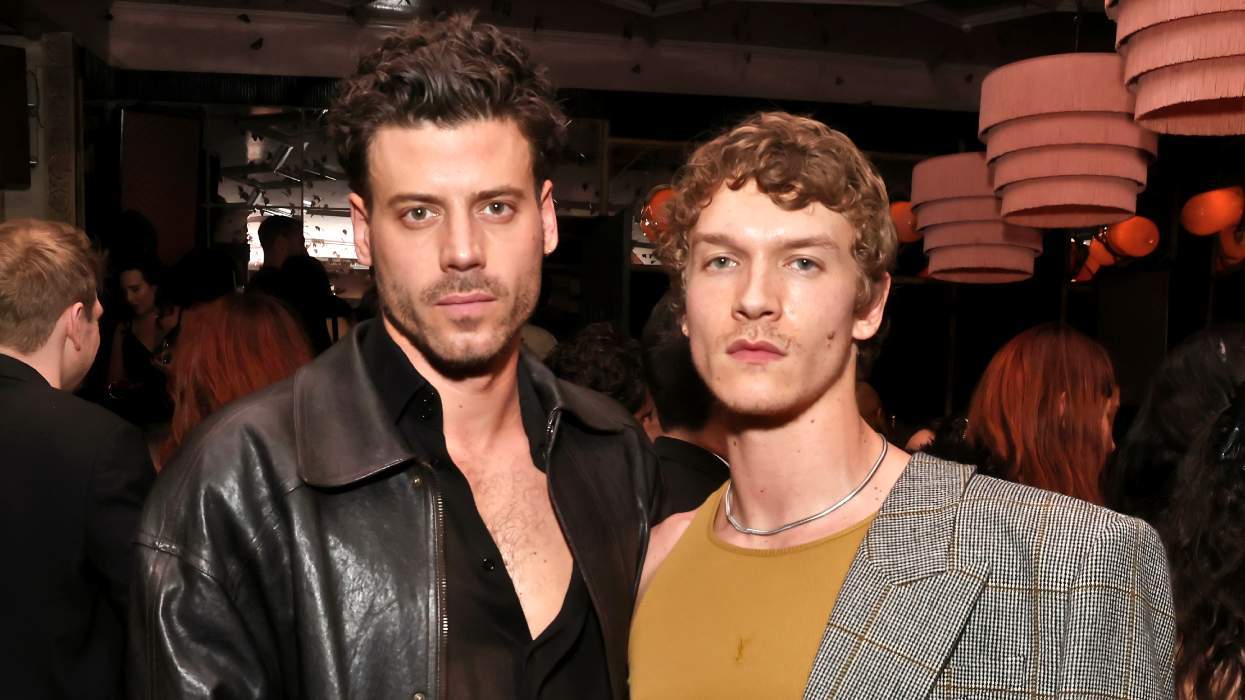



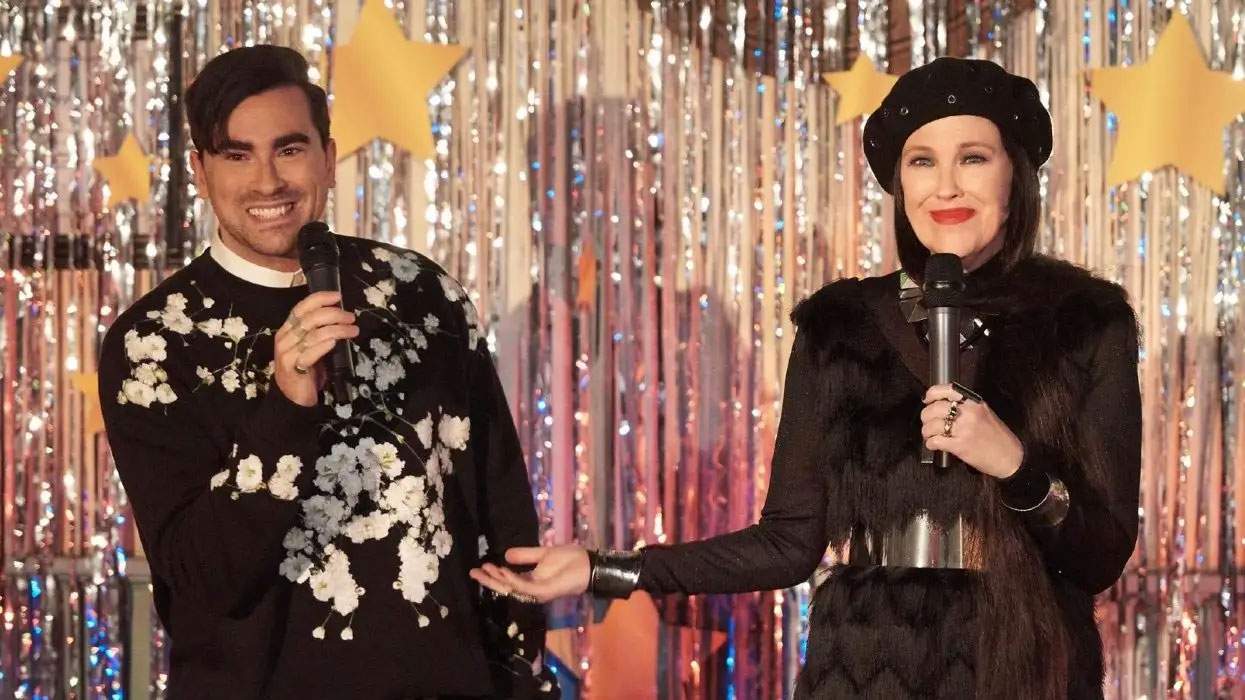


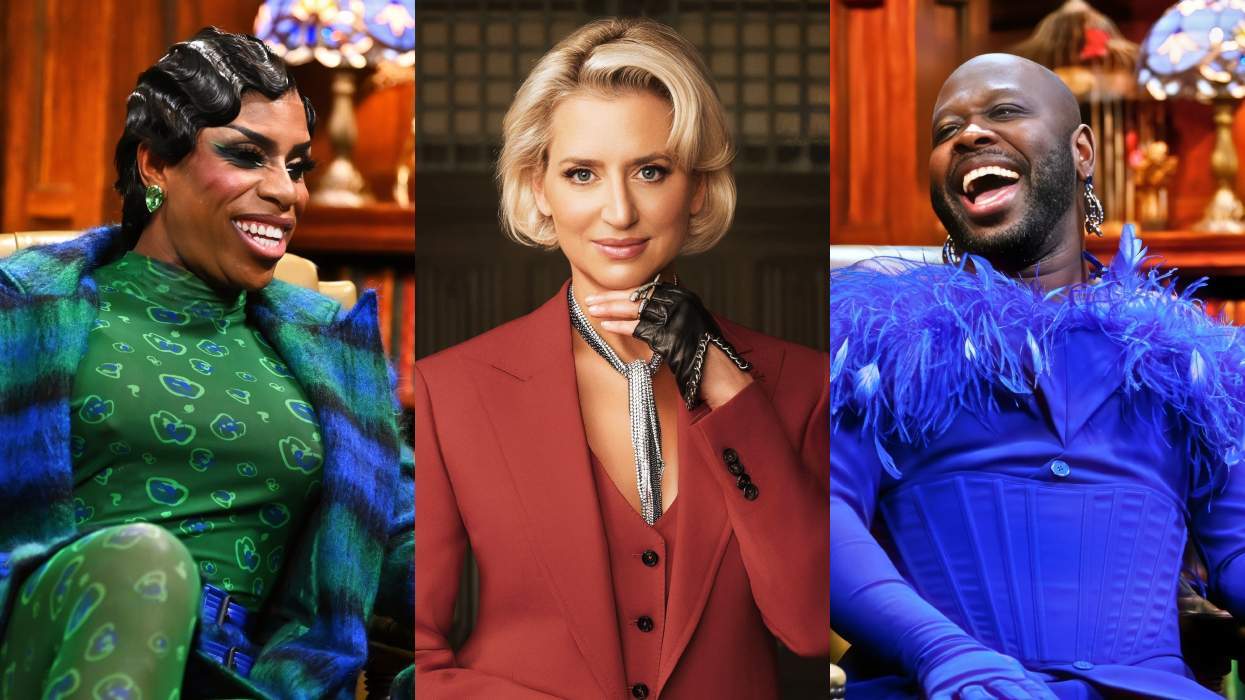
I watched the Kid Rock Turning Point USA halftime show so you don't have to
Opinion: "I have no problem with lip syncing, but you'd think the side that hates drag queens so much would have a little more shame about it," writes Ryan Adamczeski.